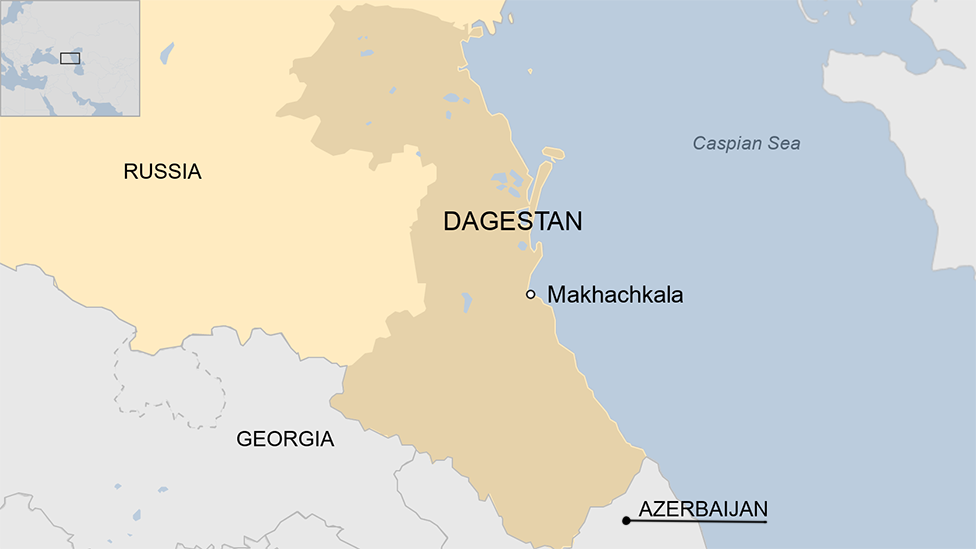Russia hunts suspected female Sochi suicide bomber
- Published
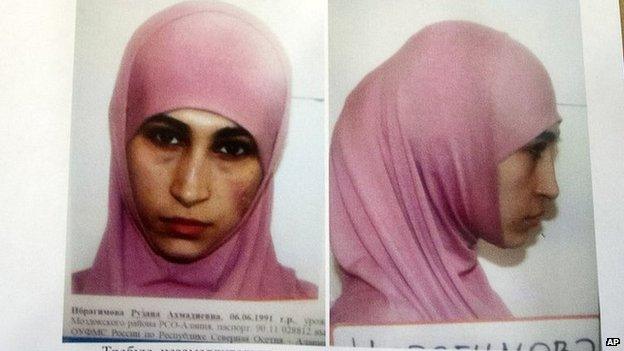
Posters of Ruzanna Ibragimova have gone up in hotels and at the airport in Sochi
Russian police in Sochi are hunting for a woman they fear may be planning to carry out a suicide bomb attack.
They have put up wanted posters in hostels around the town, which is hosting the Winter Olympics next month.
The woman, 23-year-old Ruzanna Ibragimova from Dagestan in the North Caucasus region, is believed to be the widow of an Islamist militant.
She is thought to have slipped into Sochi earlier this month, bypassing tight security ahead of the Games.
At least two other potential female suicide bombers are also at large in the region, other police posters state.
Russian President Vladimir Putin has launched one of the biggest security operations in Olympic history, and has personally inspected the sites.
More than 30,000 police and interior ministry troops have been deployed and access to the area limited.
Security fears were heightened after two suicide bomb attacks killed 34 people in the southern city of Volgograd on 29 and 30 December.
US President Barack Obama, in a telephone conversation with the Kremlin on Tuesday, offered America's "full assistance" in making the Olympics "safe and secure", the White House said.
Email 'threat'
Two US warships will be on standby in the Black Sea when the Games begin on 7 February. Washington has also offered to supply Russia with hi-tech equipment to help detect improvised explosives.
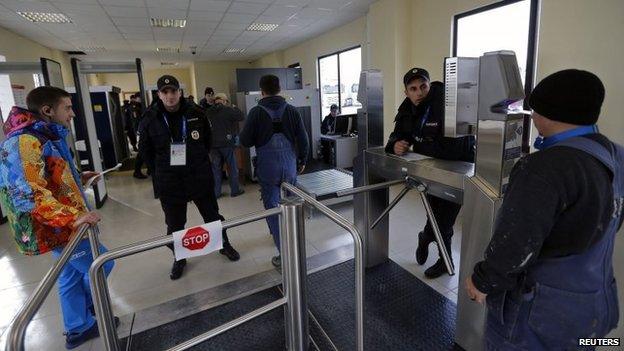
Security has been ramped up in Sochi as the Games approach
Islamist militants from Dagestan and nearby republics of Ingushetia and Chechnya are considered by Moscow to be a major threat to the Games.
Several national Olympic associations have reported being sent an email threatening athletes with attack, but it was widely dismissed by the International Olympic Committee (IOC) and national bodies as not credible.
The IOC said it appeared to be "a random message from a member of the public," and posed no threat, but repeated that it "takes security very seriously".
Officials at the British Olympic Association said they "receive correspondence of every type and it is not uncommon to come across something like this that lacks credibility".
"It is extremely important in matters such as this that everyone maintains a level head and a sensible perspective," said spokesman Darryl Seibel.
- Published17 January 2014
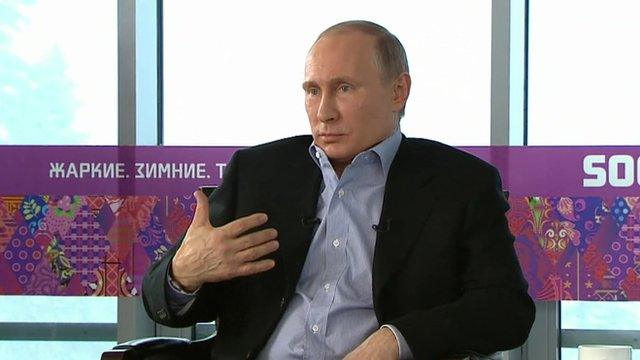
- Published31 December 2013
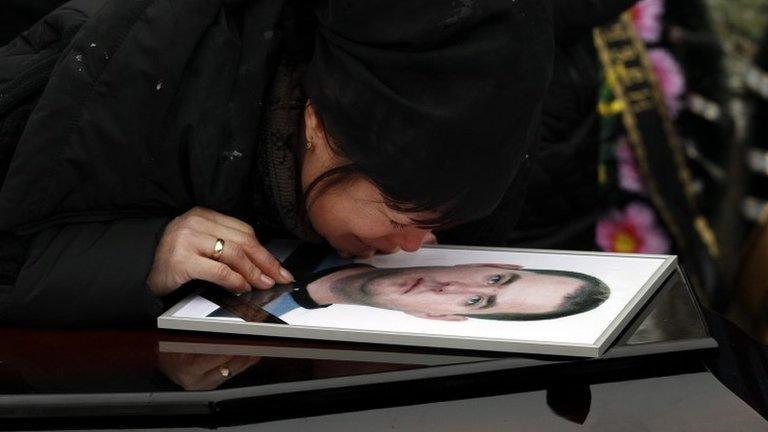
- Published30 December 2013
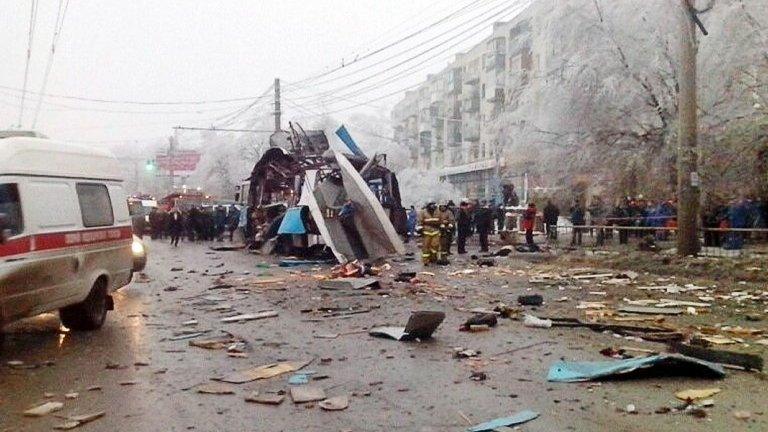
- Published7 November 2013

- Published7 January 2014
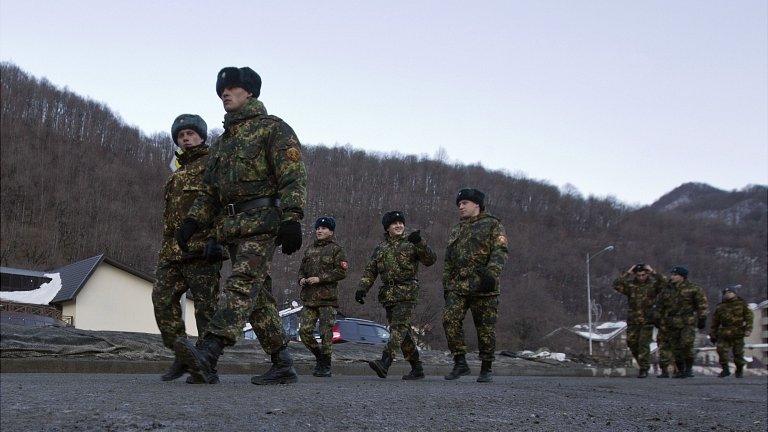
- Published25 January 2011
- Published30 October 2023
